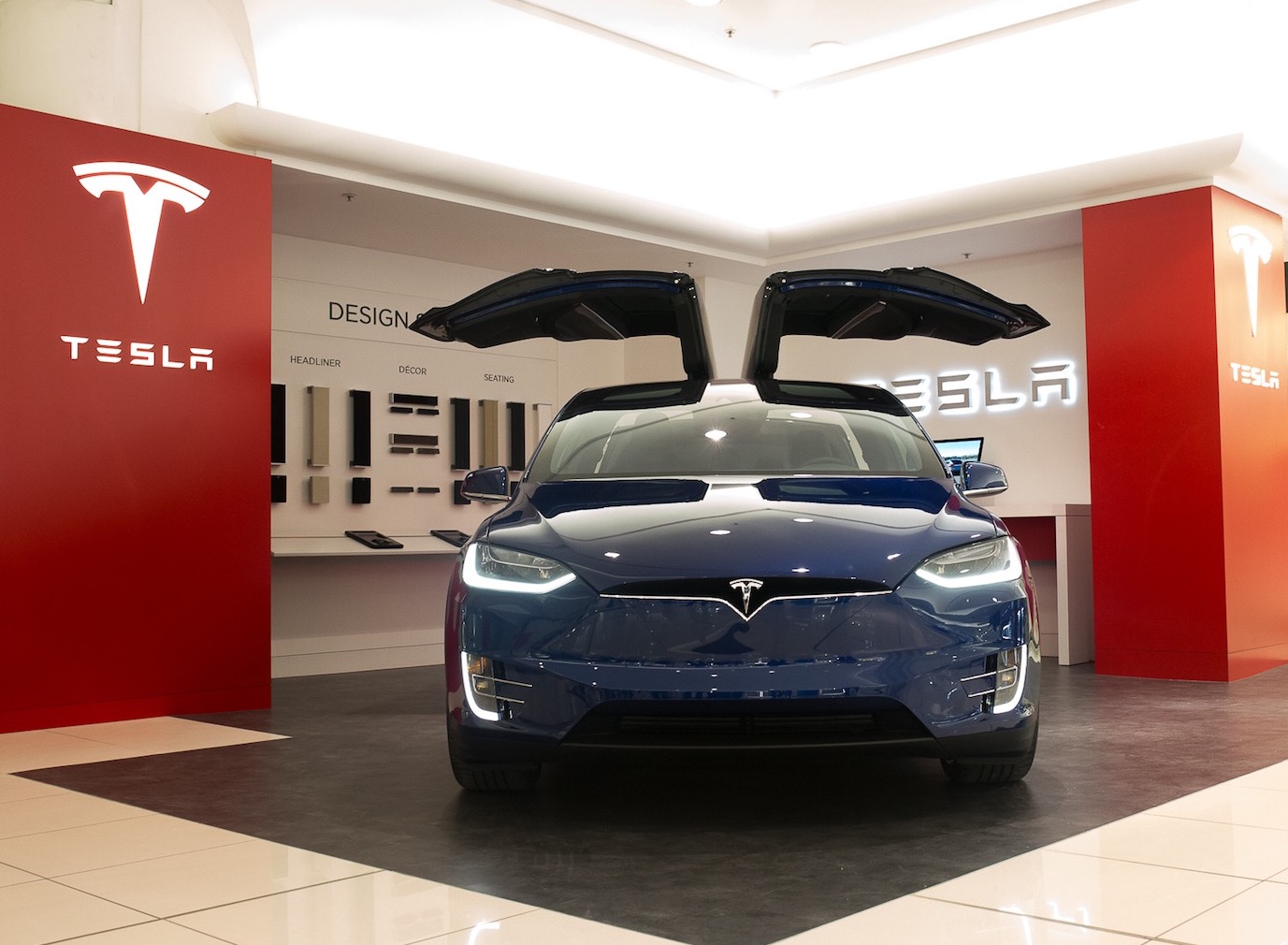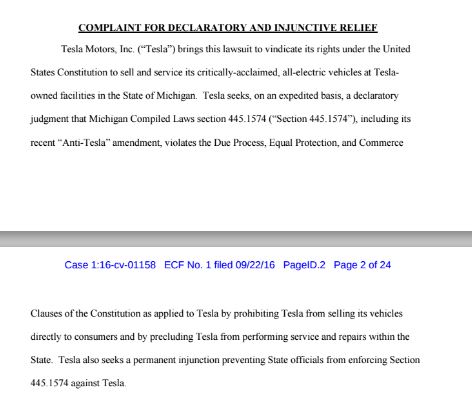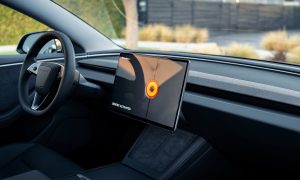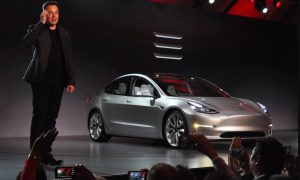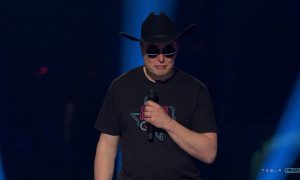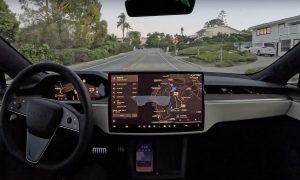Michigan officials have filed a response to a Tesla federal lawsuit which alleges that the state has unfairly denied the Silicon Valley-based electric car company from selling cars within the state. At issue is a “Anti-Tesla” amendment that prevents the company’s effort to “sell and service its critically-acclaimed, all-electric vehicles at Tesla-owned facilities” in that state.
The state says they have an entirely different interpretation and call Tesla’s version “incorrect.” Michigan requires that vehicles must be sold through a franchised dealer. Today’s state response includes Michigan’s argument that Tesla “has never sought the ability to directly sell its vehicles in Michigan but only licenses to operate dealerships.”
In an email to The Detroit News today, Tesla said, “If it’s the state’s position that Tesla can sell its cars directly to consumers, Tesla welcomes that opportunity and invites the state to work with us so that we can start serving our customers in Michigan as soon as possible.”
Of course, the Big Three automakers — General Motors, Ford Motor Company, and Fiat Chrysler Automobiles US— have their headquarters in the Detroit area.
An October 2014 Michigan state law bans automakers from selling vehicles directly to consumers. The Michigan Legislature, backed by the state’s new-car dealership lobby, voted strongly in favor of the amendment, which has come to be known as the “anti-Tesla” bill. Many believe that the law was intended to close a loophole that Tesla has used in other states to maintain company-owned retail stores and bypass the dealership route. Tesla’s complaint outlines that the “only conceivable reason” for the law is “to reward the dealers’ generous lobbying efforts by handing them a monopoly.”
Tesla seeks two things in its lawsuit. To start, it is asking for a declaratory judgment that Michigan’s ban on direct-sales violates the Due Process, Equal Protection, and Commerce Clauses of the Constitution as applied to Tesla. The law, Tesla says, prohibits it from selling its vehicles directly to consumers, and it also precludes Tesla from performing service and repairs within the State. Moreover, Tesla wants a permanent injunction preventing state officials from enforcing the law, including the October 2014 amendment.
What’s the state’s retort? The state argues a 2000 state law would not have allowed Tesla to sell its vehicles, and Tesla wasn’t incorporated until three years later. “The statutory scheme that plaintiff claims discriminates against plaintiff has existed in its current form since before plaintiff existed as a company,” the state says in its response.
The Michigan Secretary of State’s office had denied Tesla’s new-dealership license request in September. The governor had declared that the law “clarifies and strengthens” an existing long-standing prohibition of new car direct sales in Michigan. Soon after, on September 22, 2016, Tesla filed the lawsuit in federal court in western Michigan against three individuals: Governor Rick Snyder, Michigan Secretary of State Ruth Johnson, and Attorney General Bill Schuette. The state contends that none of these individuals has “violated any of plaintiff’s constitutional rights, or any rights whatsoever.”
Earlier this month, Tesla opened a Troy gallery showroom, housed within a Nordstrom department store. With an artistic atmosphere, the 700-square-foot space includes a Model X SUV for consumers to scrutinize. However, no sales can be made at the site. Instead, customers must head online for product details and ordering information.
Governor Snyder commented about the Tesla-Nordstrom gallery with a politician’s finesse. “That’s a legal issue that I’ve said would be a good topic for the Legislature to look at, to say what about new manufacturers and those issues. I would encourage our Legislature to look at (Tesla’s gallery surrogate showroom) when they deem appropriate.”
Tesla is requesting a jury trial.
“Tesla will continue to fight for the rights of Michigan consumers to be able to choose how they buy cars in Michigan. Giving auto dealers a monopoly on car sales benefits them, but harms consumers,” said Tesla in a statement.

